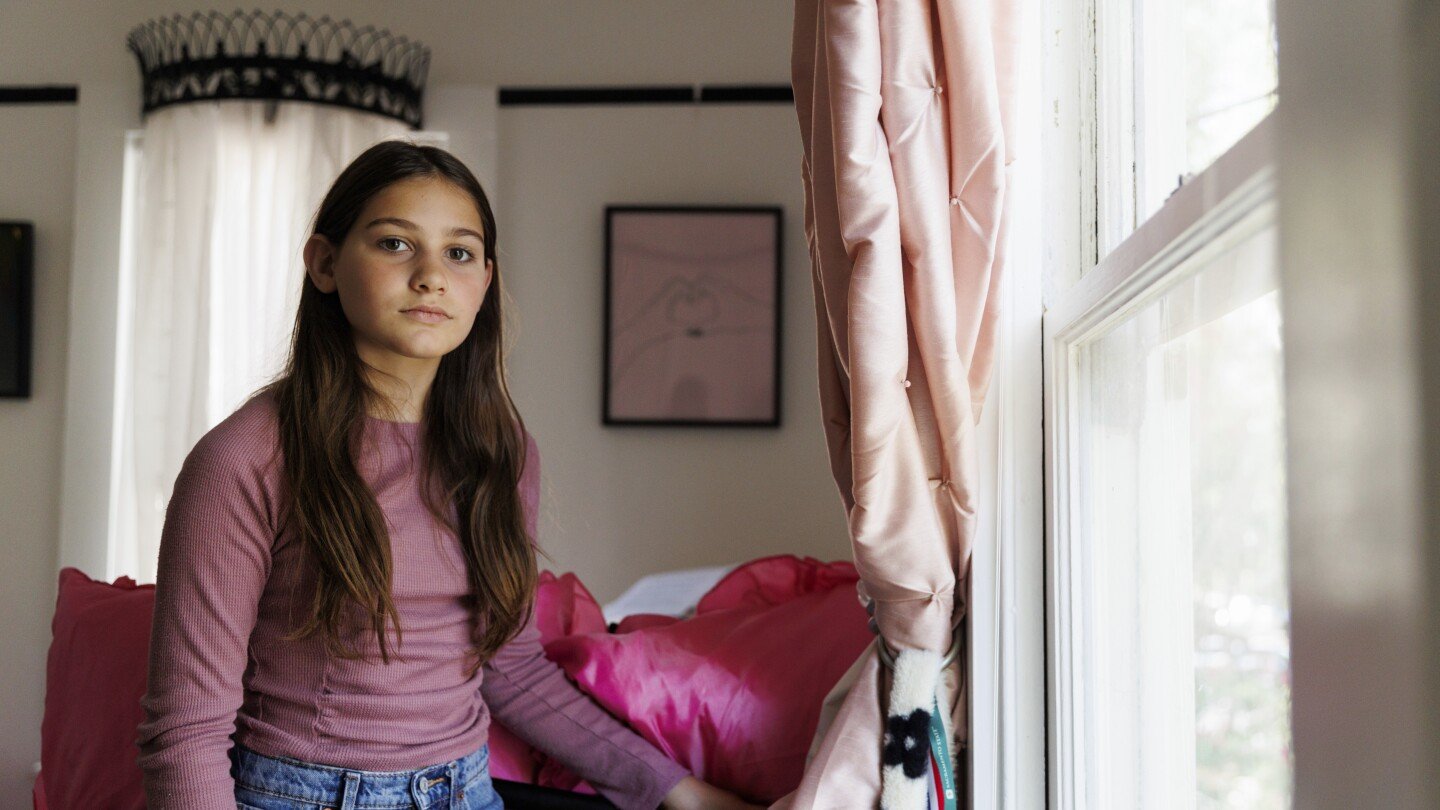When she was in fifth grade, Scarlett Goddard Strahan started to worry about getting wrinkles.
By the time she turned 10, Scarlett and her friends were spending hours on TikTok and YouTube watching influencers tout products for achieving today’s beauty aesthetic: a dewy, “glowy,” flawless complexion. Scarlett developed an elaborate skin care routine with facial cleansers, mists, hydrating masks and moisturizers.
One night, Scarlett’s skin began to burn intensely and erupted in blisters. Heavy use of adult-strength products had wreaked havoc on her skin. Months later, patches of tiny bumps remain on Scarlett’s face, and her cheeks turn red in the sun.
“I didn’t want to get wrinkles and look old,” says Scarlett, who recently turned 11. “If I had known my life would be so affected by this, I never would have put these things on my face.”
The skin care obsession offers a window into the role social media plays in the lives of today’s youth and how it shapes the ideals and insecurities of girls in particular. Girls are experiencing high levels of sadness and hopelessness. Whether social media exposure causes or simply correlates with mental health problems is up for debate. But to older teens and young adults, it’s clear: Extended time on social media has been bad for them, period.



Man have you ever worked with kids? They’re not some unreasoning automatons that treat “rebel against authority” with the same overriding obedience as “kill all humans”. If you explain things to them like rational actors, out of all demograpics, they are by far the most likely to treat what you’re saying with reasoned consideration.
Yes they will. Banning them from something is not discussing the pros and cons with them tho.